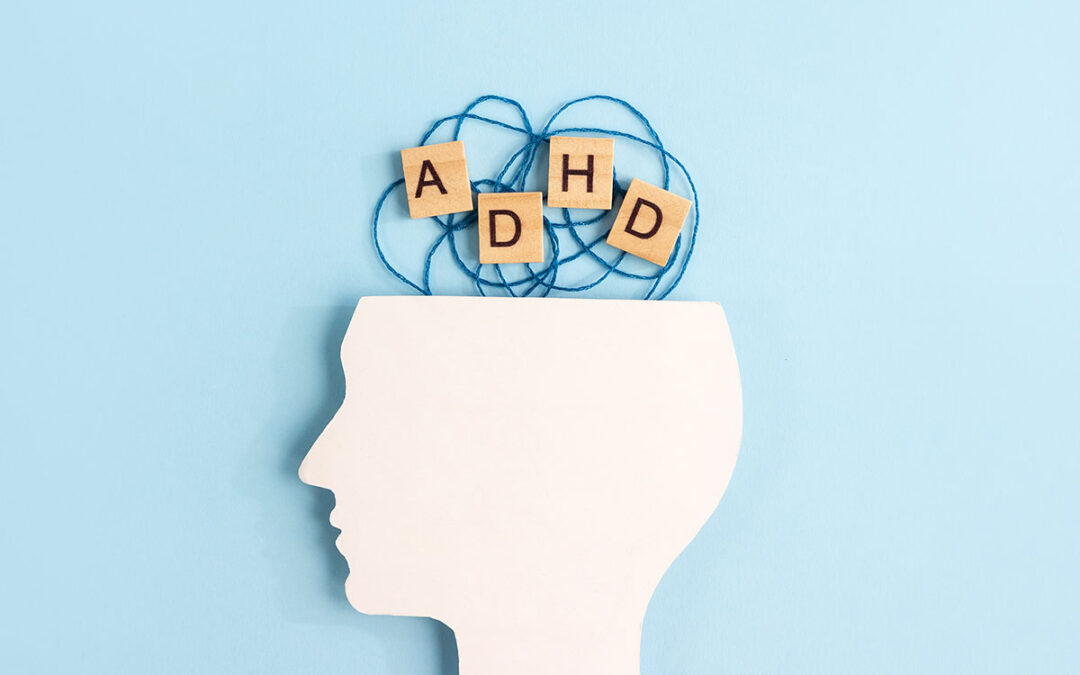ADHD is often misdiagnosed and the challenges that come with it are often overlooked.
What is ADHD?
Attention Deficit Hyperactivity Disorder (ADHD) is a neurodevelopmental condition that can significantly impact daily life.
It’s characterized by symptoms such as inattention, hyperactivity, and impulsivity. ADHD often begins in childhood and can persist into adulthood. Understanding the diagnosis process and effective management strategies is crucial for those affected by this condition.
ADHD, often overlooked and sometimes misdiagnosed, presents significant challenges that impact individuals’ daily lives. This neurodevelopmental condition, characterized by symptoms like inattention, hyperactivity, and impulsivity, commonly manifests in childhood and may persist into adulthood. Addressing this condition effectively involves understanding the diagnostic process and implementing efficient management strategies.
Understanding ADHD
Attention Deficit Hyperactivity Disorder (ADHD) poses various challenges and can affect academic, social, and professional aspects of life. Its manifestations are diverse, making an accurate diagnosis critical. Seeking professional evaluation from mental health specialists is the first step in managing ADHD effectively.
Diagnosis and management of ADHD typically involve:
• Comprehensive Assessment: A diagnosis begins with a comprehensive evaluation by a mental health professional. This includes an assessment of symptoms, behavior, and a review of medical history.
• Treatment Plans: Once diagnosed, a personalized treatment plan is crafted, which may include behavioral therapy, medication, or a combination of both.
• Skill Development: ADHD management often involves skill-building in areas like time management, organization, and impulse control.
• Lifestyle Adaptations: Creating a supportive environment at home and work can enhance day-to-day functioning.
It’s important to understand that individuals with ADHD can lead successful and fulfilling lives with the right support and strategies in place.
Contact us or visit our website (link in bio) for more information.
More from UCW Blog

